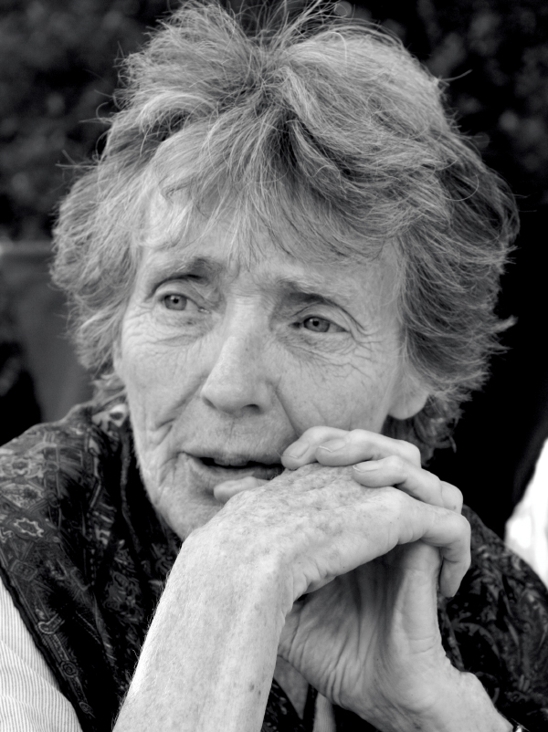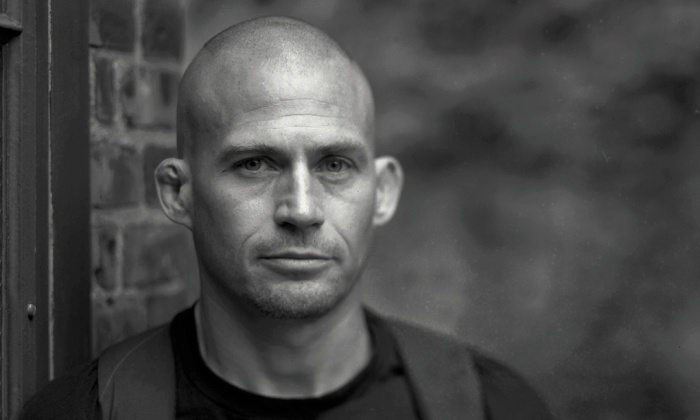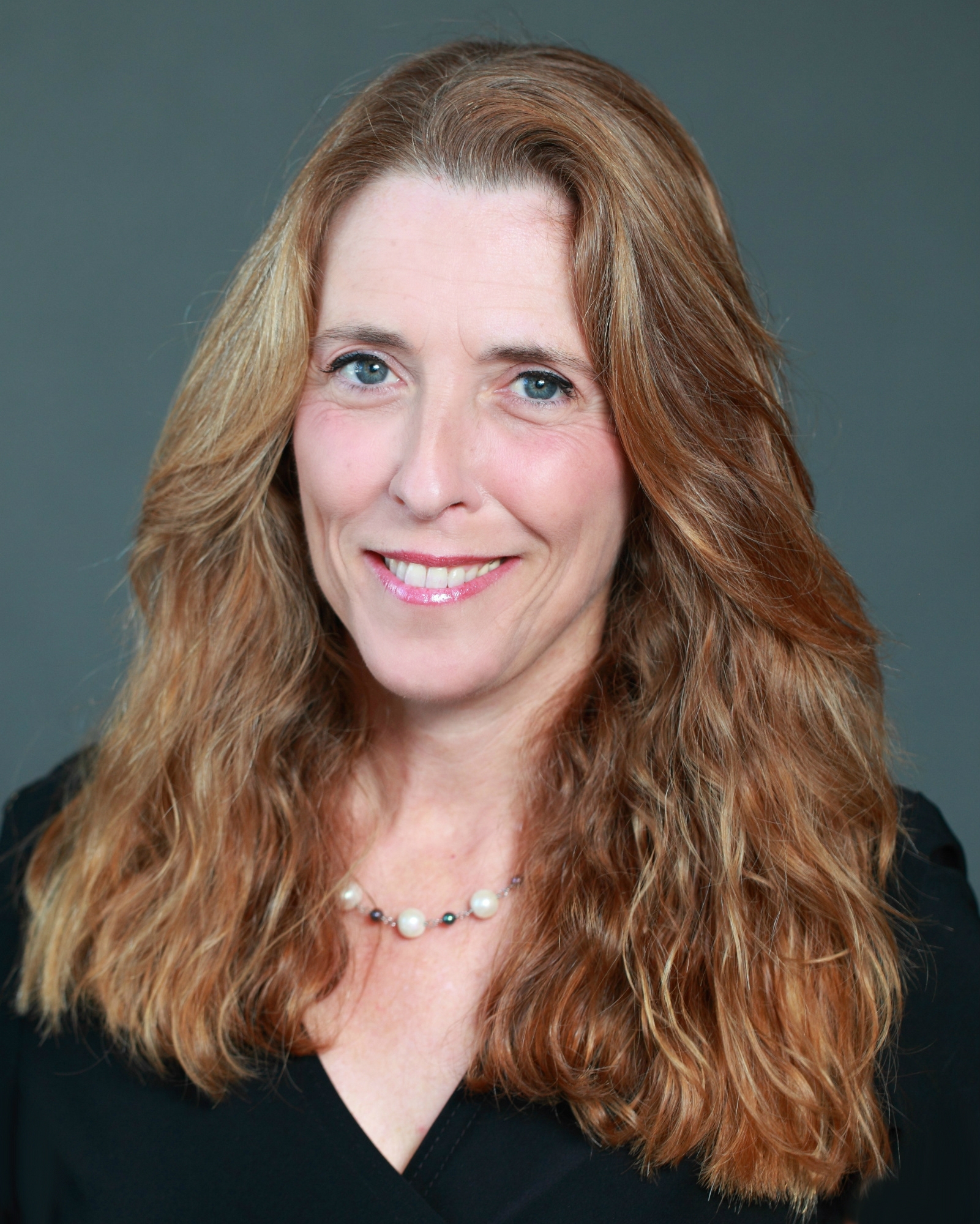American poet and fiction writer Fanny Howe has been named a finalist for the 2015 Man Booker International Prize. The biennial prize is given to a fiction writer who writes in English or whose work is generally available in translation in English. The winner will receive £60,000 (approximately $89,290).
 The finalists were announced yesterday at the University of Cape Town in South Africa. They are César Aira of Argentina, Hoda Barakat of Lebanon, Maryse Condé of Guadeloupe, Mia Couto of Mozambique, Amitav Ghosh of India, Fanny Howe of the United States, Ibrahim al-Koni of Libya, László Krasznahorkai of Hungary, Alain Mabanckou of the Republic of Congo, and Marlene van Niekerk of South Africa. The finalists were selected by judges Nadeem Aslam, Elleke Boehmer, Edwin Frank, Wen-chin Ouyang, and Marina Warner.
The finalists were announced yesterday at the University of Cape Town in South Africa. They are César Aira of Argentina, Hoda Barakat of Lebanon, Maryse Condé of Guadeloupe, Mia Couto of Mozambique, Amitav Ghosh of India, Fanny Howe of the United States, Ibrahim al-Koni of Libya, László Krasznahorkai of Hungary, Alain Mabanckou of the Republic of Congo, and Marlene van Niekerk of South Africa. The finalists were selected by judges Nadeem Aslam, Elleke Boehmer, Edwin Frank, Wen-chin Ouyang, and Marina Warner.
“The judges have had an exhilarating experience reading for this prize; we have ranged across the world and entered the vision of writers who offer an extraordinary variety of experiences,” said chair of judges Marina Warner. “Fiction can enlarge the world for us all and stretch our understanding and our sympathy. The novel today is in fine form: as a field of inquiry, a tribunal of history, a map of the heart, a probe of the psyche, a stimulus to thought, a well of pleasure and a laboratory of language. Truly we feel closer to the tree of knowledge.”
The number of finalists who do not write in English but are translated into English is the highest ever for the 2015 prize, with eight out of the ten finalists writing in non-English languages. In addition, the list includes writers of six nationalities never before included on the list: Guadeloupe (an island region of France located in the West Indies), Hungary, Libya, Mozambique, Republic of Congo, and South Africa. “This is the most interesting and enlightening list of finalists,” said Jonathan Taylor, the chair of the Booker Prize Foundation. “It brings attention to writers from far and wide, so many of whom are in translation.”
Established in 2005, the Man Booker International Prize is administered by the London-based Booker Prize Foundation. The foundation also administers the annual Man Booker Prize for Fiction, a £50,000 prize given for a novel published in the United Kingdom in the previous year.
The winner of the 2015 Man Booker International Prize will be announced in London on May 19. Recent winners include American writers Lydia Davis and Philip Roth, and Canadian writer Alice Munro.






 Judges Alexander Chee, Marc Fitten, and Dierdre McNamer chose Lish’s novel from 360 entries. “With ferocious precision, Atticus Lish scours and illuminates the vast, traumatized America that lives, works, and loves outside the castle gates," said McNamer. “The result is an incantation, a song of ourselves, a shout.”
Judges Alexander Chee, Marc Fitten, and Dierdre McNamer chose Lish’s novel from 360 entries. “With ferocious precision, Atticus Lish scours and illuminates the vast, traumatized America that lives, works, and loves outside the castle gates," said McNamer. “The result is an incantation, a song of ourselves, a shout.”
 How do you prepare for a reading or workshop?
How do you prepare for a reading or workshop? The finalists were announced yesterday at the University of Cape Town in South Africa. They are César Aira of Argentina, Hoda Barakat of Lebanon, Maryse Condé of Guadeloupe, Mia Couto of Mozambique, Amitav Ghosh of India, Fanny Howe of the United States, Ibrahim al-Koni of Libya, László Krasznahorkai of Hungary, Alain Mabanckou of the Republic of Congo, and Marlene van Niekerk of South Africa. The finalists were selected by judges Nadeem Aslam, Elleke Boehmer, Edwin Frank, Wen-chin Ouyang, and Marina Warner.
The finalists were announced yesterday at the University of Cape Town in South Africa. They are César Aira of Argentina, Hoda Barakat of Lebanon, Maryse Condé of Guadeloupe, Mia Couto of Mozambique, Amitav Ghosh of India, Fanny Howe of the United States, Ibrahim al-Koni of Libya, László Krasznahorkai of Hungary, Alain Mabanckou of the Republic of Congo, and Marlene van Niekerk of South Africa. The finalists were selected by judges Nadeem Aslam, Elleke Boehmer, Edwin Frank, Wen-chin Ouyang, and Marina Warner.